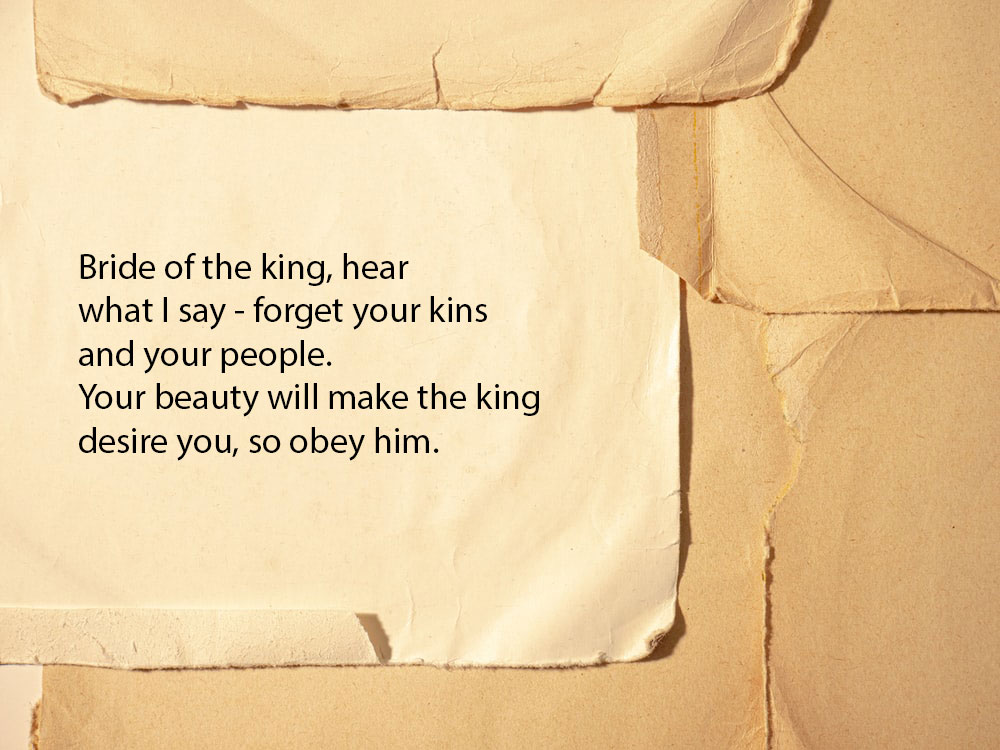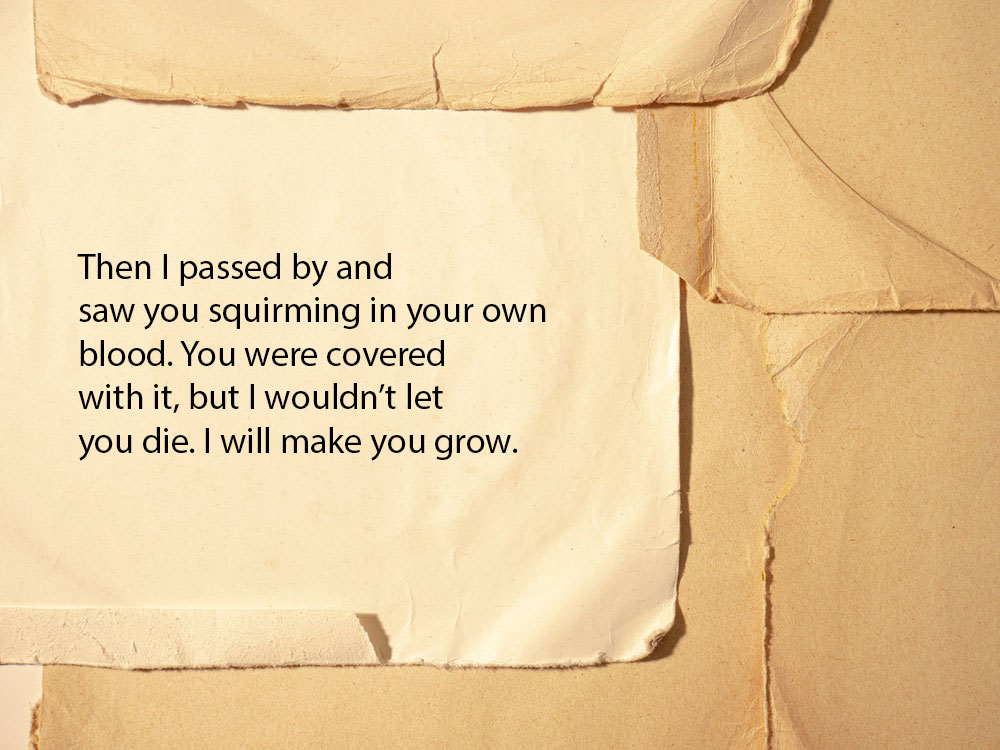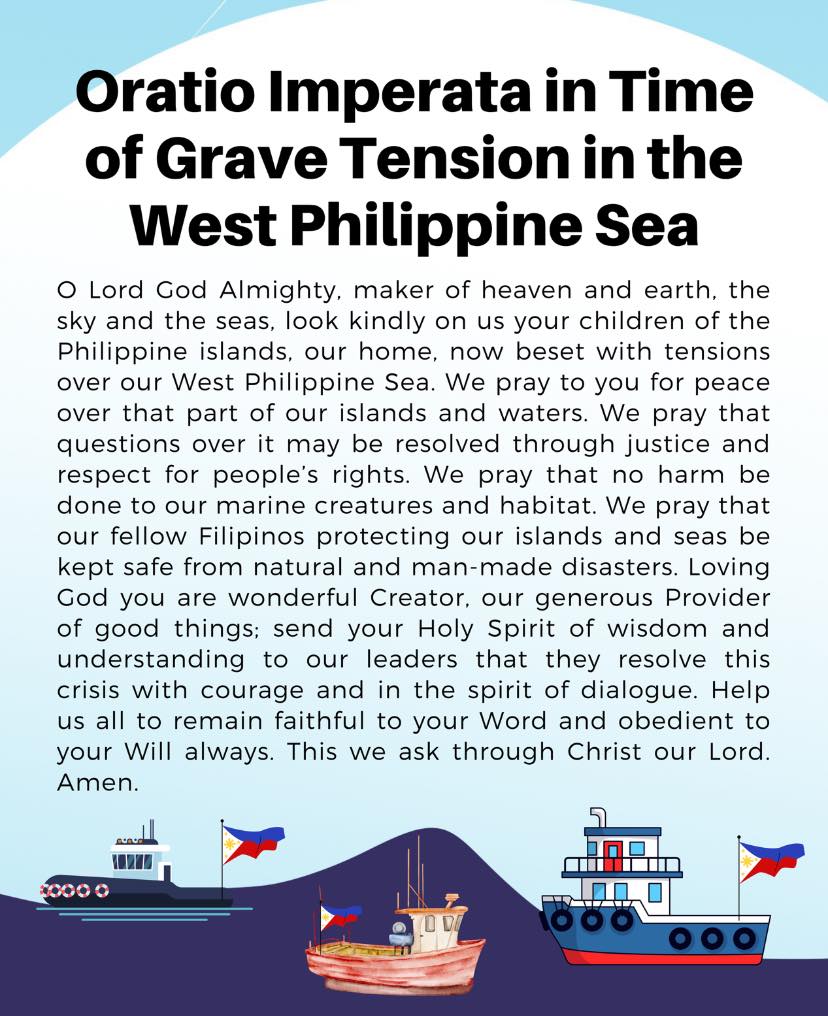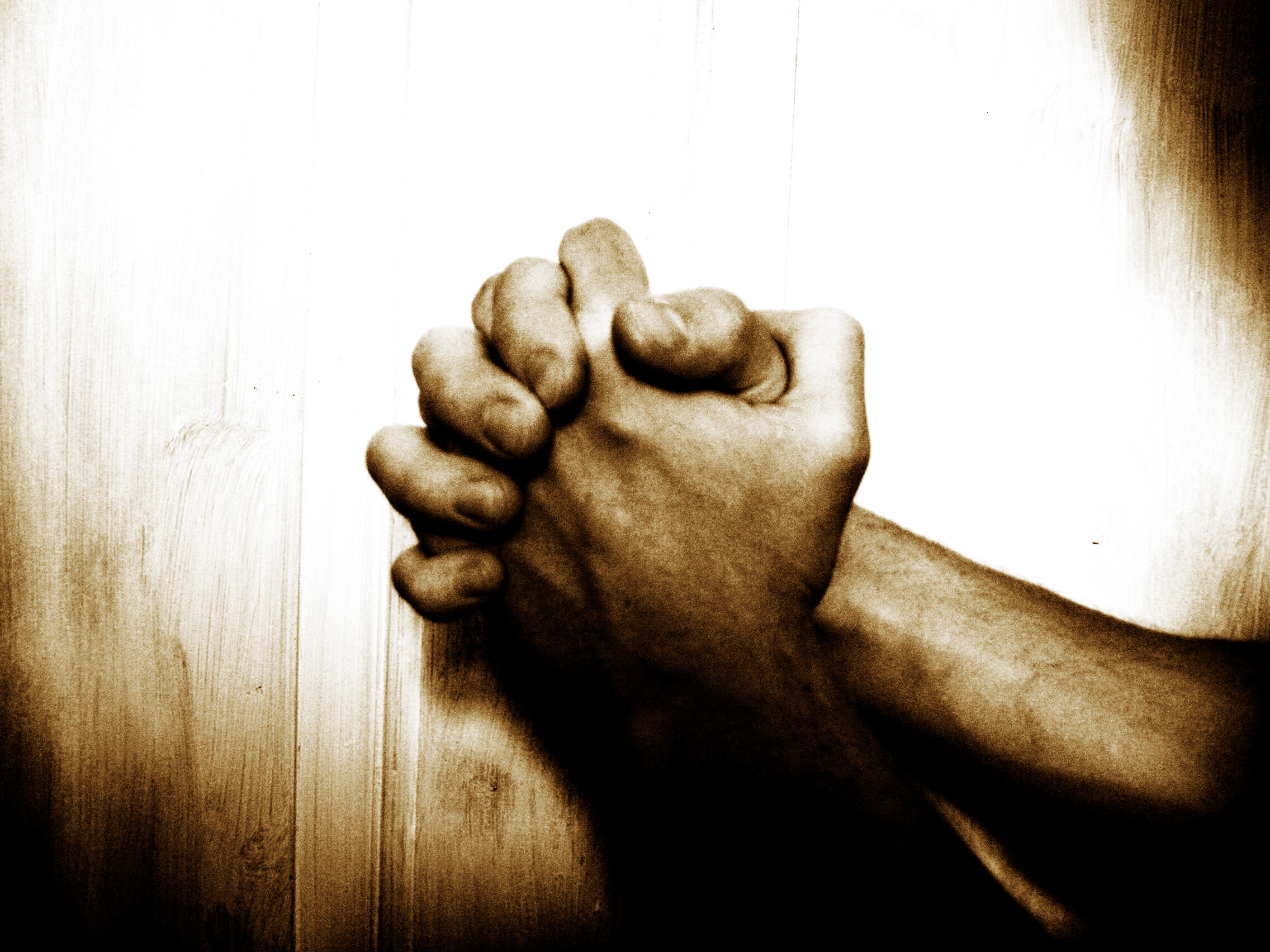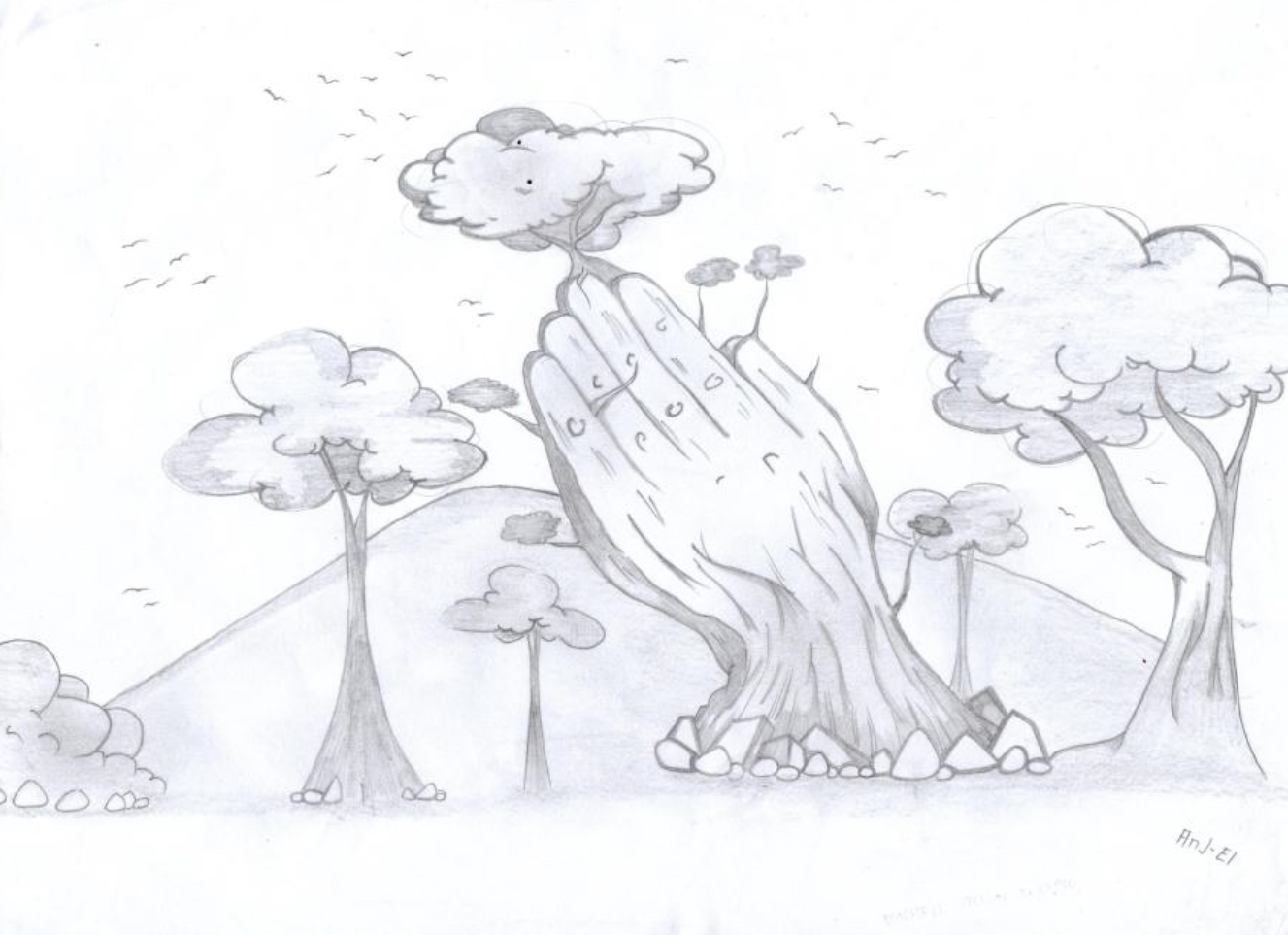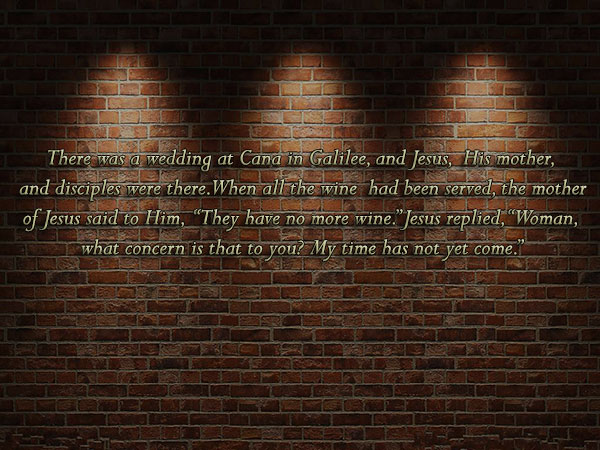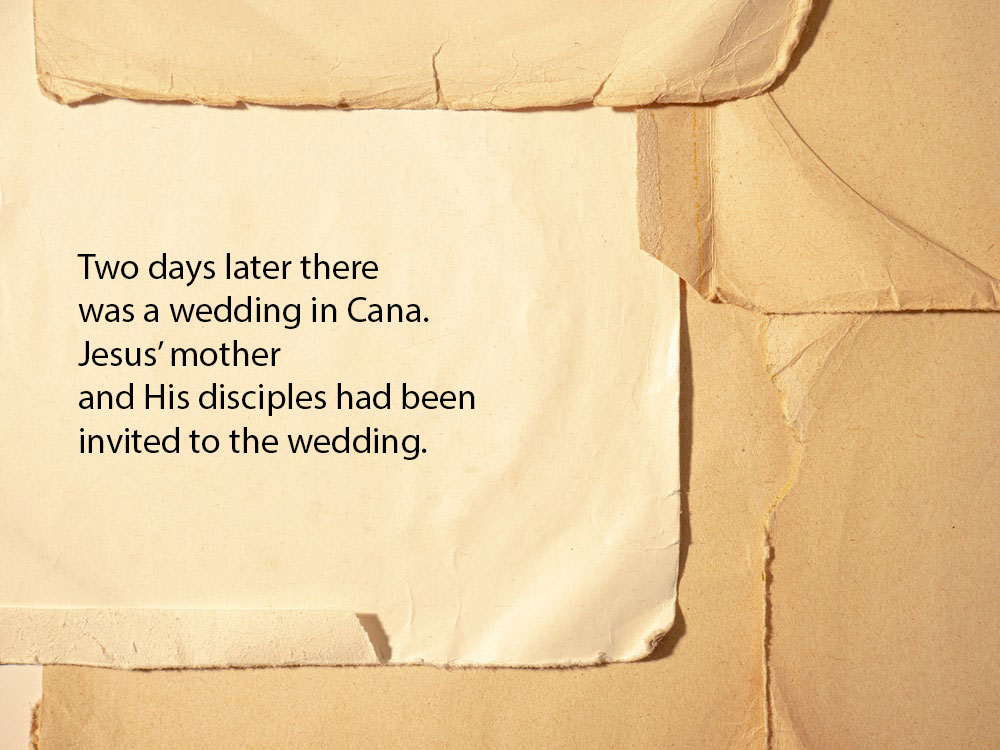
by BJ Gonzalvo, Ph.D.
The Rs and Rs of a Retreat
A retreat is something we all could use in our busy, fast, and furious lives. Amidst the chaos and cacophony of modern life, sometimes we just need to make the time and the space to retreat and just rest, relax, reset, regroup, recharge, reassess, reflect, recover, rediscover, and realign. As Jesus said: “Come away to a deserted place by yourselves and rest a while” (Mark 6:31).
We spend a lot of our time waddling around in the shallow. Our bustling activities got us spread too wide and too thin that we never have the down time that can launch us out into the deep. If we’re lucky, we may be able to take a break from our busyness and find time to pray for maybe 10 to 15 minutes but that’s just not enough time to explore the deep parts of the soul.
In recent times, there has been a growing recognition of the value of a retreat. Retreat, as a military term, means to withdraw strategically to reset and regroup before continuing to advance. Corporations and organizations are strategically utilizing retreats to ensure alignment with their goals, missions, and visions. Personal and spiritual retreats have also been in demand. In the recent shift in our civilization driven by rampant distractedness, we are living under this constant barrage of incoming stimuli and meaningless diversions that we easily lose sight of our goal, purpose, and mission. It has become too easy for us to wander around life aimlessly, strolling and scrolling mindlessly through daily life as if we’re hacked by some maleficent algorithm. The mind and the spirit are under constant bombardment and we’re finding ourselves disoriented and lost trying to navigate our way toward peace. And so, for the sake of our spiritual as well as our mental health, retreat we must.
“No Retreat No Surrender”
This was the title of a popular Martial Arts movie in the 1980’s. And a lot of times, we just want to power through life without pause and without rest, without retreating and without surrendering. It’s a relentlessly restless world driving us tired, weary, thirsty, and constantly longing for something more. The silence and serenity of a retreat can create for us an environment where we can be intentional in finding the kind of deep rest and relaxation that our soul sorely needs. Retreats have a way of signaling to our brain that we are about to break out of the mundane and the routine and enter into something different, something special, something extraordinary, something sacred. God’s loving arms are always open, always inviting us in but it’s an invitation that we must decidedly accept and enter into with intention. There are too many distractions swaying us in different directions and we often allow ourselves to get mindlessly carried farther away from God’s invitation.
As Saint Augustine said: “Our hearts are restless until they rest in God.” Whether we learn to recognize it or not, we have a deep longing for the kind of peace and respite that we find only in the loving arms of God. There is a deep sense of peace and comfort when we relinquish control and just surrender to the will of God, completely trusting that all will be well. Julian Norwich spent 15 years meditating on the meaning of that line that she became famous for, “All will be well.” She went on a spiritual quest trying to answer how can it be that all will be well? The answer she found, as revealed to her, was love. For love and by love.
“But all will be well, and all will be well, and every kind of thing will be well.” – Julian of Norwich
The raging river of life carries us in a way that renders us helpless and hopeless. We sometimes need to just pause with intention, get off the raging river, and retreat. A retreat can serve as a turning point in our lives where we can reexamine our journey, examine the unexamined, reassess our values, and ensure that the direction of our lives is in alignment with the will of God. Just as our cell phones and laptops need resetting in order to apply some software changes, we also need to power off, reset, then restart so that we can apply the necessary changes. The files and folders of our lives get easily filled with junk that sometimes we just need to declutter, empty out the folders, and hit the reset button. It’s hard to receive grace when one’s cup is full.
The silence and solitude of a retreat beckon us to empty out our cup and allow God to fill it with his refreshing grace, with his love. You, God, are my God, earnestly I seek you; I thirst for you, my whole being longs for you, in a dry and parched land where there is no water. (Ps. 63:1)
The Joy of Silence and Solitude
Our lives can get very busy and very noisy. So when we enter the barrenness and stillness of a silent retreat, where all the worldly noise are intentionally blocked out, we are impelled inward and able to hear the interior life’s faintest sounds. In the silence, we can hear the tiny drops of a faucet leaking slowly and unknowingly draining our source of water, our source of life. We’ll be able to hear the snake sneakily lurking beneath our feet, ready to strike us at any moment. We’ll be able to discern the still small voice speaking in the silence of the heart. Unfortunately, the world we live in seems to choose noise and distractions over silence. We’re afraid of silence. We even like to use the quiet and the silence as themes in horror movies. Silence can be frightening because it feels unfamiliar, uncomfortable, and can open the door to unpleasant thoughts and emotions.
For some reason, we are afraid of contemplating the depths of the interior life. Perhaps because we’re afraid that what we’ll find in the deep is an inner critic that says we are neither good nor beautiful. And so we would rather stay in the shallows and scroll to the next shallow distraction. We continue to choose to surround ourselves with noise, with people’s approvals, and with superficial diversions. But if we peel all those layers of junk and noise and retreat into the depths and into silence, we are putting ourselves in an environment where our senses can be awakened and put on a mindful state—a state that can lead to the discovery or rediscovery of the hidden but true essence of things. By embracing silence and solitude, we surrender ourselves to God’s guiding hands so that we may begin to explore the depths of the soul, the depths where we can begin to recognize transcendence and beauty, where we can begin to see our true self-worth—as precious children of God. We peel the layers of self-doubt, weaknesses, failures, and other negative things about the self. We confront them and recognize that God is reaching out to offer us His grace, mercy, and strength.
“My grace is sufficient for you, for my power is made perfect in weakness.” – 2 Corinthians 12:9
Ever since man’s departure from the Garden of Eden, we’ve been adding layers upon layers of superficialities to mask our true selves. We’ve layered our true selves with things like our accomplishments, our achievements, the approvals we’ve won, and the material wealth to prove that we are somebody. But it is deep in our very core where we’ll discover or rediscover our true selves. We’ll find the self that is made in the image of God–the true self that is whole, unique, and authentic. Enough in the eyes of God.
“In solitude we can slowly unmask the illusion of our possessiveness and discover in the center of our own self that we are not what we can conquer but what is given to us. It is in this solitude that we discover that being is more important than having.” – Henri Nouwen

BJ Gonzalvo, Ph.D., is a psychology researcher whose focus is on retracing the indigenous roots of his core value of kapwa to help reframe and rediscover the sacredness of our interconnectedness. His writing, where he often integrates culture, psychology, and spirituality, has appeared in Northwest Catholic, Busted Halo, FilCatholic, and Mind & Spirit. He is the author of several books including Lead Like the Saints, Gift of Kapwa, and Music: The Art of Togetherness.


